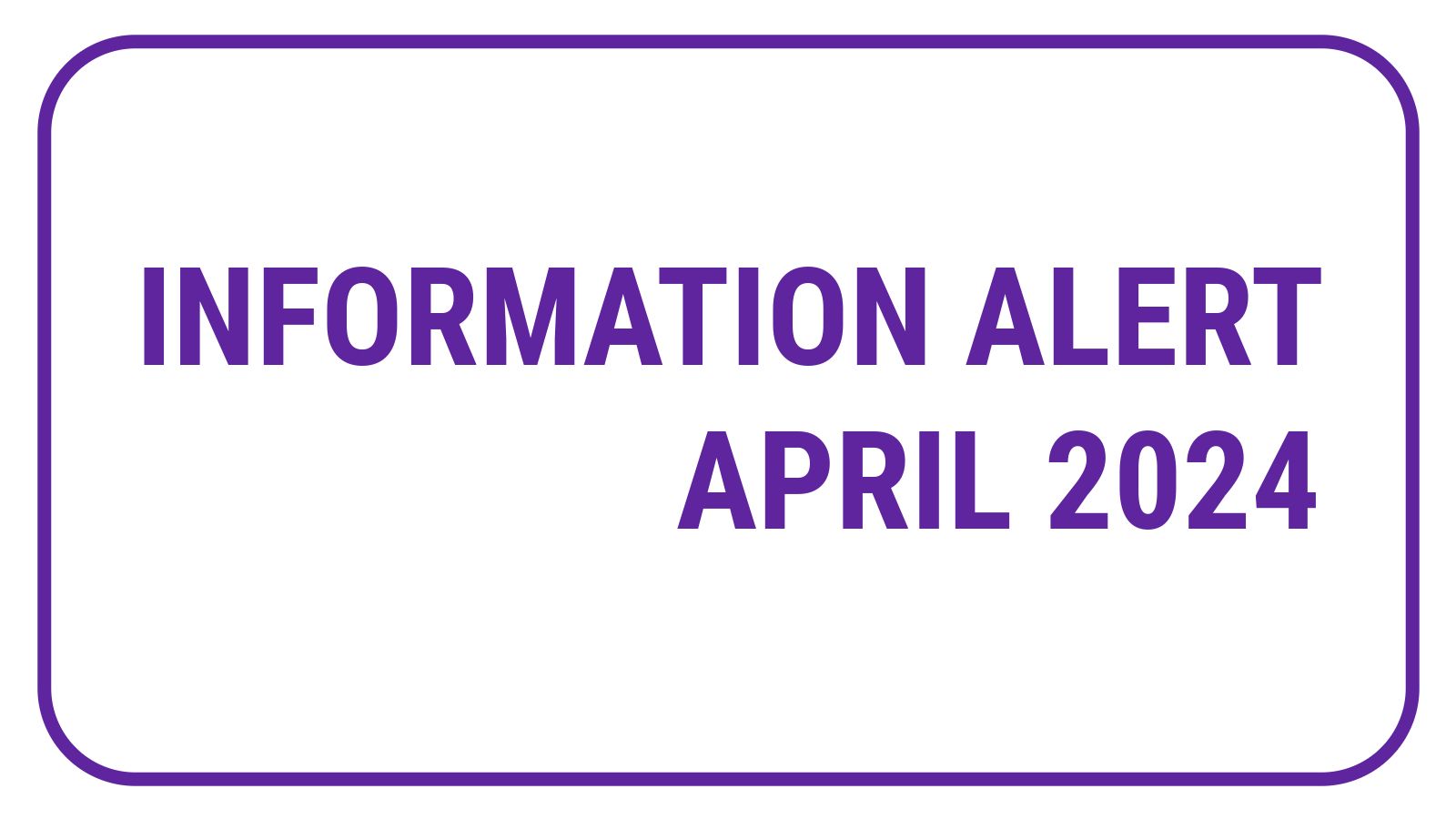NATIONAL SCIENCE FOUNDATION (NSF) NEW REQUIREMENTS
Biographical sketch and Other Current and Pending Support Documents
NSF is pleased to announce that the NSTC-approved Common Forms for the Biographical Sketch and Current and Pending (Other) Support which are compliant with the new NSF Proposal and Award Policies and Procedures Guide (PAPPG) (NSF 24-1), are now available in SciENcv. These revised formats will be required for proposals submitted or due on or after May 20, 2024. While these revised formats cannot be uploaded in Research.gov or Grants.gov until May 20, 2024, NSF encourages proposers to become familiar with them in preparation for proposal submission in May.
NSF will conduct a webinar on Thursday, April 25 at 2:00 PM EST to discuss the revisions to these forms as well as provide a demonstration of the revised functionality to create and download these required proposal documents in SciENcv. Registration is required and is now available. This webinar will be recorded and available for on-demand viewing.
Any questions regarding this matter should be directed to the Policy Office at policy@nsf.gov.
Graduate Student Mentoring Plan Requirements
The new NSF graduate student mentoring plan requirements go into effect May 20, 2024!
These requirements, described in the Proposal & Award Policies & Procedures Guide (NSF 24-1), will be in effect for all NSF proposals submitted on or after May 20, 2024.
Each proposal that requests funding to support postdoctoral scholars and graduate students must upload under "Mentoring Plan" in the supplementary documentation section of Research.gov. In no more than one page, the mentoring plan must describe the mentoring that will be provided to all postdoctoral scholars and graduate students supported by the project. Please note that separate plans are not required for postdoctoral scholars and graduate students. The plan should specify how different components of the mentoring program will be enacted for the two types of researchers.
Examples of mentoring activities include but are not limited to: career counseling; training in preparation of proposals, publications and presentations; guidance on ways to improve teaching and mentoring skills; guidance on how to effectively collaborate with researchers from diverse backgrounds and disciplinary areas; and training in responsible professional practices.


